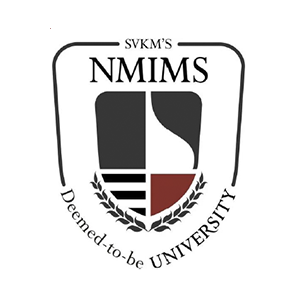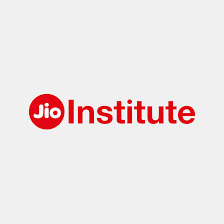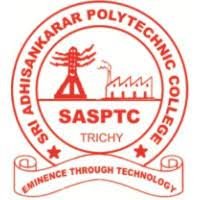Application Submission: The first step in the admission process for the Post Graduate Programme in Artificial Intelligence for Leaders is the submission of an online application. Prospective candidates must complete the application form, providing personal information, academic history, and relevant work experience. Additionally, candidates are often required to submit a resume, letters of recommendation, and a statement of purpose outlining their motivation for pursuing the program and their career goals in AI leadership.
Application Review: Once the application deadline has passed, the admissions committee begins the process of reviewing applications. This committee typically consists of faculty members and admissions staff who carefully evaluate each applicant's qualifications. They assess the academic background, work experience, letters of recommendation, and statement of purpose to gauge the candidate's suitability for the program.
Shortlisting: After the initial application review, a shortlist of candidates is created. These are the individuals who have demonstrated the strongest potential for success in the program. Shortlisted candidates are invited to the next stage of the admission process, which often includes interviews and/or additional assessments.
Interviews: Candidates who make it to the shortlist are typically invited for interviews, which can be conducted in-person or via video conferencing platforms. The purpose of the interview is to get a better understanding of the candidate's motivations, aspirations, and their ability to contribute to the program. Interviews also provide an opportunity for candidates to ask questions and learn more about the program.
Technical Assessments: Given the technical nature of the Post Graduate Programme in Artificial Intelligence for Leaders, candidates may be required to undergo technical assessments. These assessments evaluate the candidate's knowledge of AI concepts, problem-solving abilities, and analytical skills. Technical assessments can include written exams, coding challenges, or case studies related to AI.
Leadership Potential Evaluation: Apart from technical expertise, leadership potential is a crucial aspect of the admission process. Admissions committees look for candidates who have demonstrated leadership qualities in their past roles or projects. They assess the candidate's ability to collaborate, communicate effectively, and drive innovation in AI-related initiatives.
Diversity and Inclusion Consideration: Many programs place a strong emphasis on diversity and inclusion. Admissions committees aim to create a diverse cohort of students with different backgrounds and perspectives. This diversity enhances the learning experience and brings a broader range of insights to the program.
Admission Offers: After completing all stages of the admission process, the admissions committee makes final decisions regarding which candidates will be offered admission to the program. Successful candidates receive formal admission offers, which include details about the program's start date, tuition fees, and other relevant information.
Acceptance and Enrollment: Candidates who receive admission offers must confirm their acceptance by the specified deadline and pay any required deposits or tuition fees. This is a critical step in securing a spot in the program. Once enrolled, students are provided with additional information about the program's curriculum, orientation, and other important details.
Orientation and Onboarding: Upon acceptance and enrollment, students typically participate in an orientation program that introduces them to the program's faculty, resources, and expectations. This orientation period helps students acclimate to their new academic environment and build connections with their peers.
 0 Years
0 Years
 Post Graduate
Post Graduate
 Computer Science and IT
Computer Science and IT
 Full Time
Full Time















 back
back

